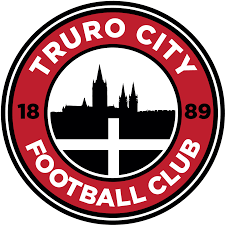Understanding the Concept of Remontada in Football

Introduction to Remontada
The term ‘remontada’ has gained significant traction in the world of football, particularly after several dramatic matches that have showcased the power of comebacks. Originating from Spanish, which translates to ‘comeback’, it has become synonymous with teams overturning seemingly insurmountable deficits. In an era where the game is often dictated by statistics and predictability, the emotional rollercoaster of a remontada resonates deeply with fans, reflecting the unpredictable nature of football.
Defining Remontada through Key Matches
The most famous instance of a remontada occurred during the UEFA Champions League in March 2017 when Barcelona faced Paris Saint-Germain (PSG). After losing the first leg 4-0, Barcelona was written off by many experts. However, in a breathtaking display of skill and determination, they won the return match 6-1, advancing to the next stage of the tournament with an aggregate score of 6-5. This match effectively etched the concept of remontada into the annals of football history.
Another notable example is Liverpool’s performance against AC Milan in the 2005 Champions League final. Trailing 3-0 at halftime, Liverpool mounted a remarkable comeback, scoring three goals in a six-minute span, eventually winning on penalties. Such matches demonstrate the psychological prowess and tactical flexibility required to achieve a remontada.
Current Relevance and the Trend of Comebacks
As the football landscape evolves, the concept of remontada continues to resonate. Recent seasons in European leagues have seen various teams showing resilience, with clubs like Manchester City and Atlético Madrid reinforcing the trend of breathtaking comebacks. The increasing emphasis on sports psychology is creating various strategies that focus on mental strength, allowing teams to maintain composure when faced with losing situations.
Additionally, many analysts believe that the rise in popularity of data analytics in football also plays a role. Teams are now better equipped to assess their situations in real-time, allowing for tactical adjustments that can lead to comebacks. For instance, clubs are investing more in player stamina and mental fortitude training to enhance their chances of executing a successful remontada.
Conclusion: The Significance of Remontada
The phenomenon of remontada remains an essential element of football culture, reminding both players and fans of the unpredictability of the sport. As teams continue to embrace the challenges of elite-level football, one can expect to witness more examples of historic comebacks in the future. For fans, these unforgettable moments serve as a testament to the resilience of the human spirit and the enduring allure of the beautiful game.









